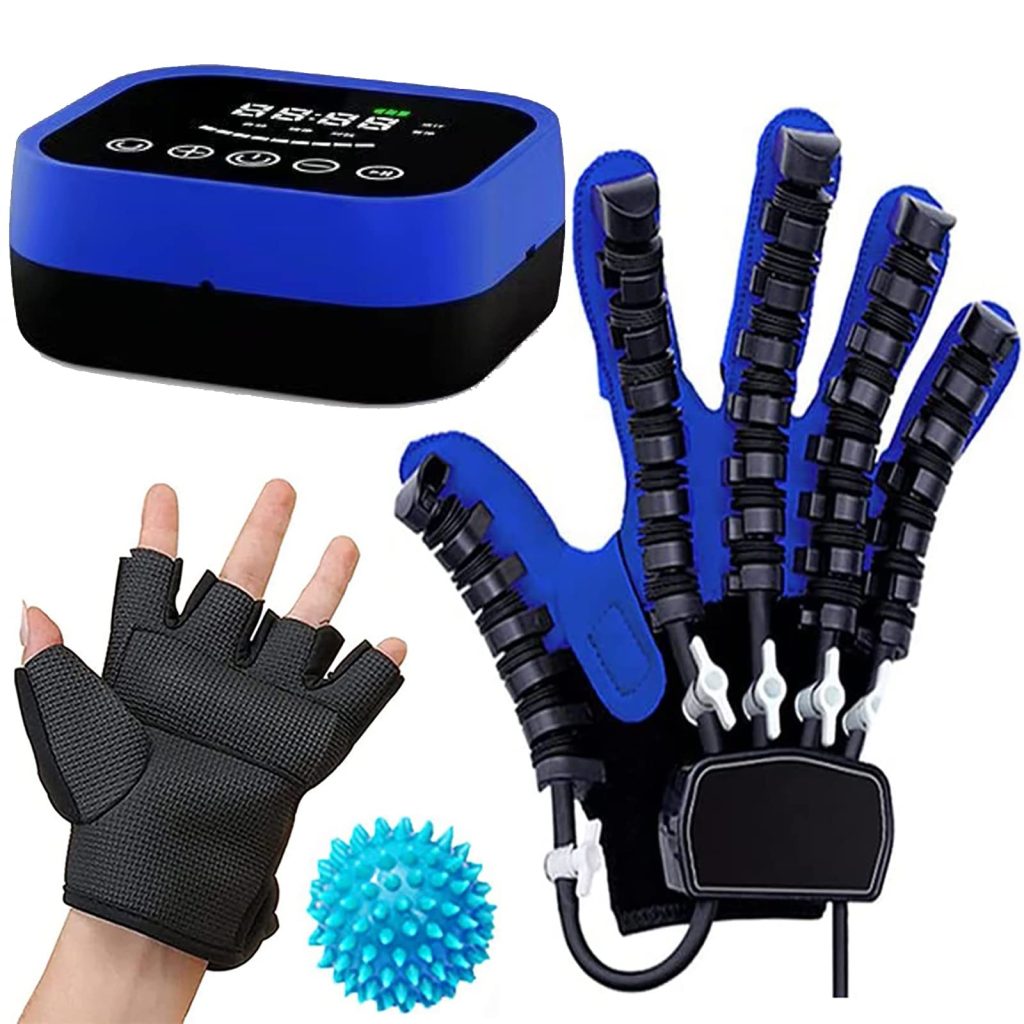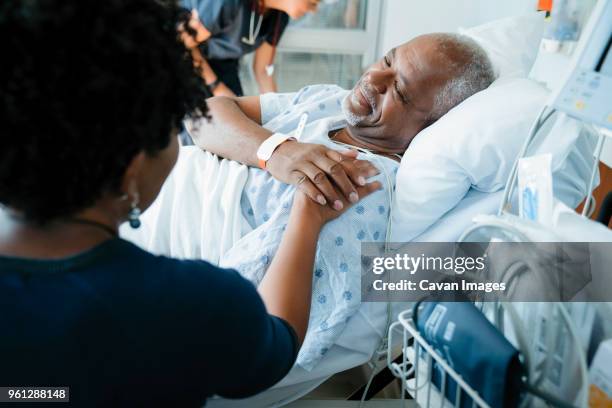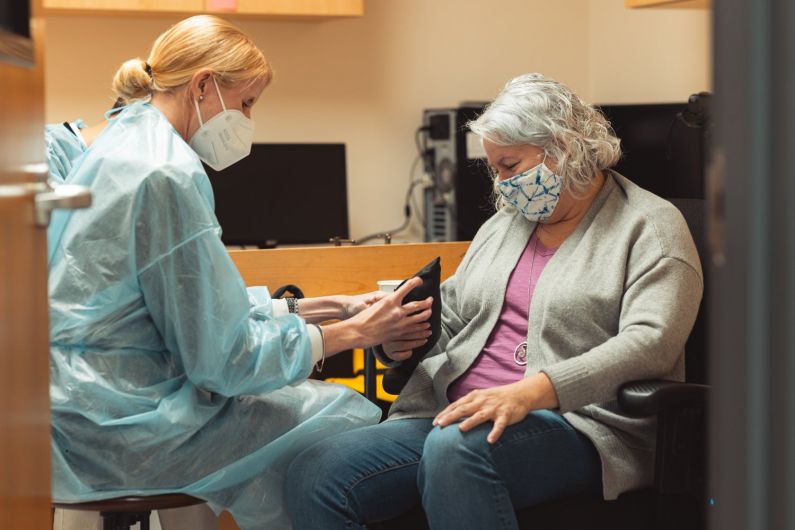Discover how you can break free from the shackles of stroke with our rehabilitation gloves plus awoof 20%discount and payment on delivery
For those with stroke, involuntary contractions of the hands and arms often follow. A simple, wearable vibrating glove may offer a more effective treatment.

Vibrating glove helps stroke patients recover from muscle spasms
After a stroke, survivors often experience uncontrollable spasms that can twist their arms and hands into perpetual fists. The only treatments are expensive, frequently painful injections of botulinum toxin or oral medications so strong they may put patients to sleep. Both offer only temporary relief.
Engineers at Stanford University and the Georgia Institute of Technology now say they have developed a glove-like wearable medical device that achieves as good or better results as the injections or drugs by applying simple, high-frequency mechanical vibrations to the hands and fingers.
FAST is an acronym used as a mnemonic to help early recognition and detection of the signs and symptoms of a stroke.the acronym stands for Facial drooping, Arm(or leg),weakness,speech difficulties and time to call emergency services.
A stroke is a life-changing event-physically and emotionally.it can make everyday activities challenging.These challenges maybe due to several stroke-related conditions,such as limb weakness,numbness or paralysis,communication challenges,vision challenges, and one-side neglect challenges.

